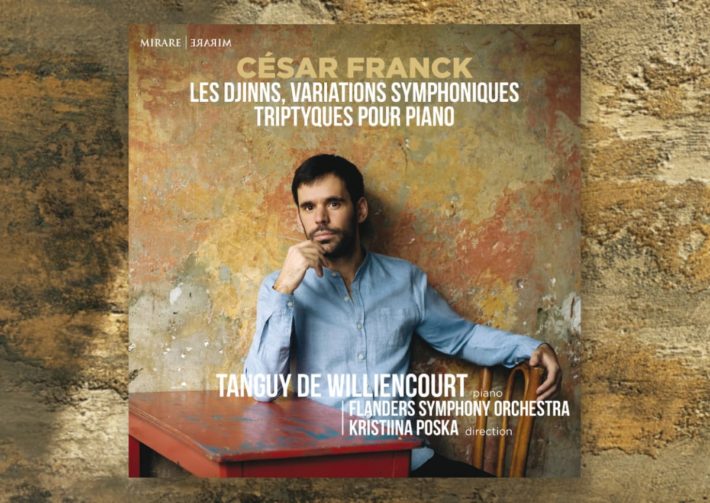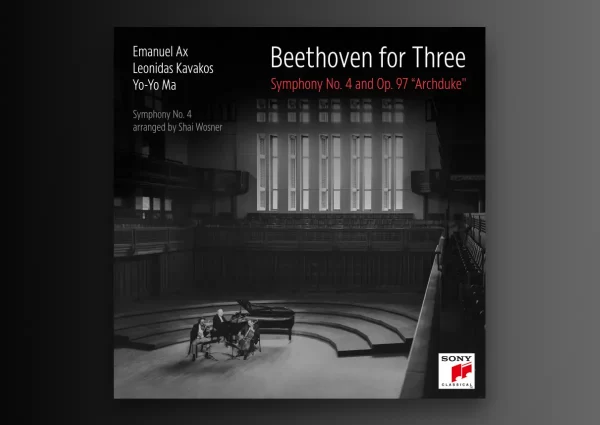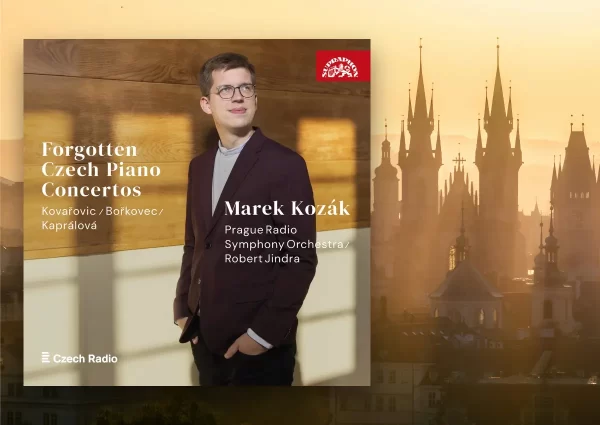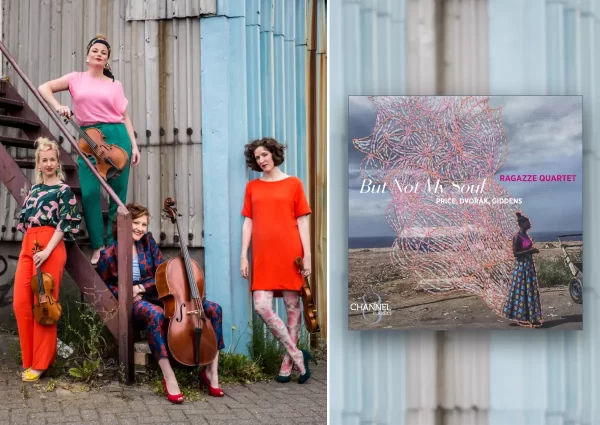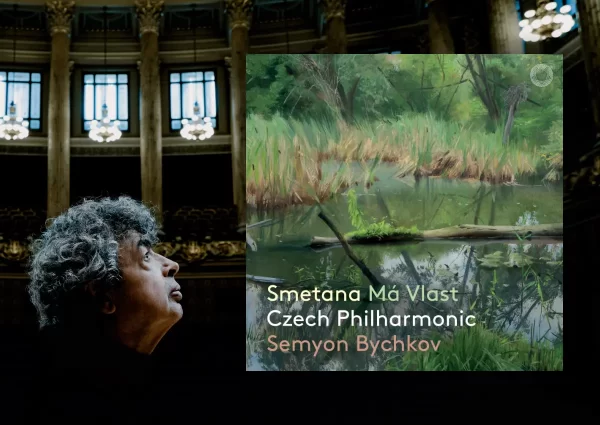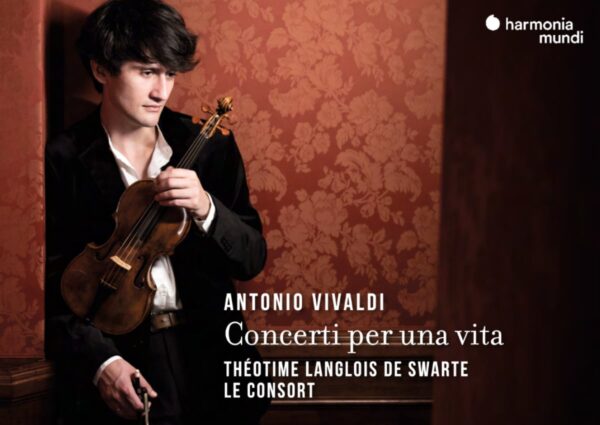Franck described his little-known “Les Djinns” as a symphonic poem, though many would argue its demanding piano makes it is a one-movement piano concerto. Williencourt’s highly dramatic playing suggest he views the piano as the protagonist; his playing fully conveys the story’s horror and angst. This reading is over two minutes faster than the one by Kerstin Aberg (Gothenburg Symphony Orchestra/Kamu/BIS) and that is all to the good. Williencourt and Poska bring more intensity and momentum, very much like the excellent recording by Bertrand Chamayou (Royal Scottish National Orchestra/Stéphane Denève/Naïve). If Denève uncovers more orchestral detail, Poska conjures an equally forbidding mood. The Flanders orchestra has greater tonal weight, thanks in part to Mirare’s wide and deep soundstage.
In “Prélude, choral et fugue”, Williencourt’s attention to voicing, beguiling lyricism, and intense concentration reveal a wealth of colors and contrasting moods. The Choral, beautifully played, immediately suggests the religious solemnity of the “Trois Chorals” for organ. The fugue’s counterpoint is clearly delineated, building masterfully towards the muscular coda.
I first heard “Symphonic Variation” in recordings by Bolet (Concertgebouw Orchestra/Chailly/DECCA) and Weissenberg (Berlin Philharmonic/Karajan/Warner Classics). Both performances, stodgy and monochrome, made little impression. This new reading could not be more different: these performers find so much more the light and shade and quicksilver shifts in mood. The sense of concentration and focus makes the absolute best case for music that in lesser hands can seem rambling and episodic.
Related Posts
- Review: Franck – Piano Solo Pieces, Piano Quintet – Michel Dalberto
- Review: “Franck By Franck” – OPRF, Mikko Franck
- Review: “Proust, Le Concert Retrouvé” – Théotime Langlois De Swarte, Tanguy De Williencourt
The album closes with a spellbinding performance of “Prélude, aria et final,” its opening prelude noble, dynamics scrupulously observed, each shift in tone masterfully realized. How beautifully Williencourt controls the voicing, very much like an organist shifting from one manual to another to highlight a particular line. His rubato has an improvisatory freedom that is perfectly suited to Franck. And how wonderfully he spins the music’s many lyrical melodies without ever allowing it to become too saccharine. But Williencourt also captures the music’s agitation, expressed in its twisting chromaticism and somewhat wild dynamic contrasts. There is an exceptional performance of this work by Nikolai Lugansky (Harmonia Mundi); because this is arguably Franck’s most Lisztian work, it plays to Lugansky’s virtuoso strengths. Yet I find this reading more emotionally engaging.
Williencourt writes his own thoroughly engaging and especially informative liner notes. His passion for this music is obvious in both his writing and these performances. The main competitor to this release is an album by Bertrand Chamayou (Naïve), which is also uniformly excellent. Its engineered sound, brighter and more distant, contributes to a greater sense of gallic lightness than one finds here. But this new Mirare recording has more presence and greater tonal splendor from the orchestra, an approach very much appropriate for the music of this composer.

Franck – Les Djinns, Variations Symphoniques, Triptyques pour Piano
Tanguy de Williencourt – Piano
Flanders Symphony Orchestra
Kristiina Poska – Conductor
Mirare, CD MIR598
Recommended Comparisons
Read more classical music reviews or visit The Classic Review Amazon store
Follow Us and Comment:
Get our periodic classical music newsletter with our recent reviews, news and beginners guides.
We respect your privacy.

